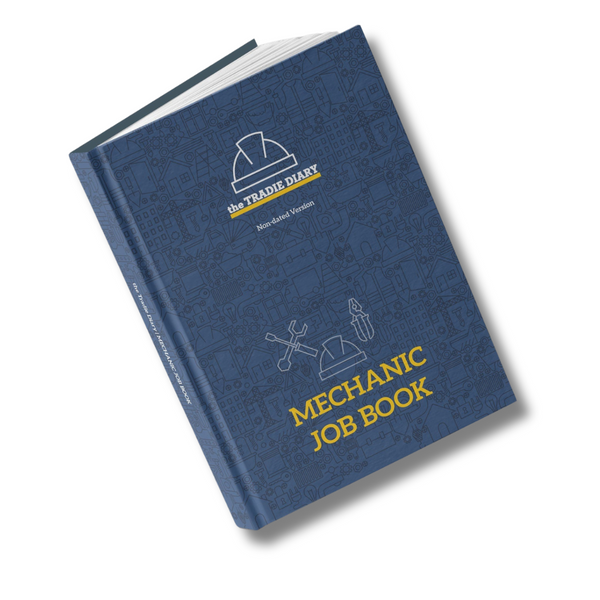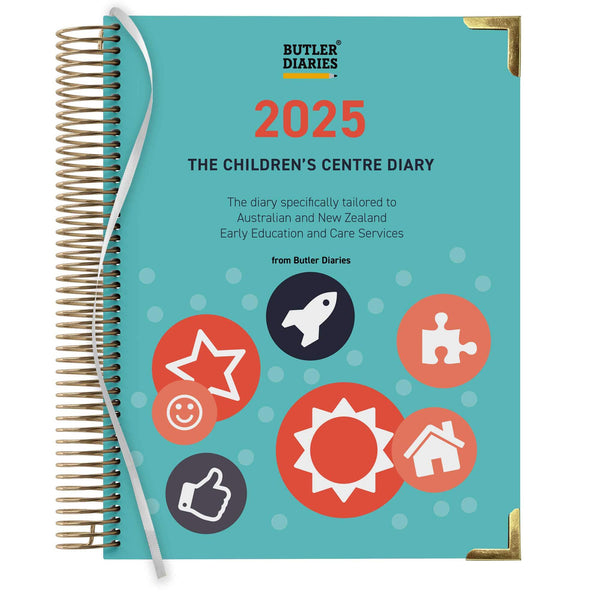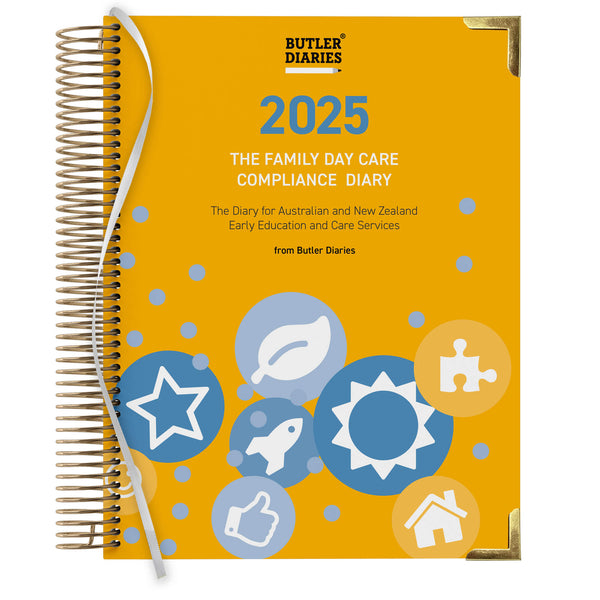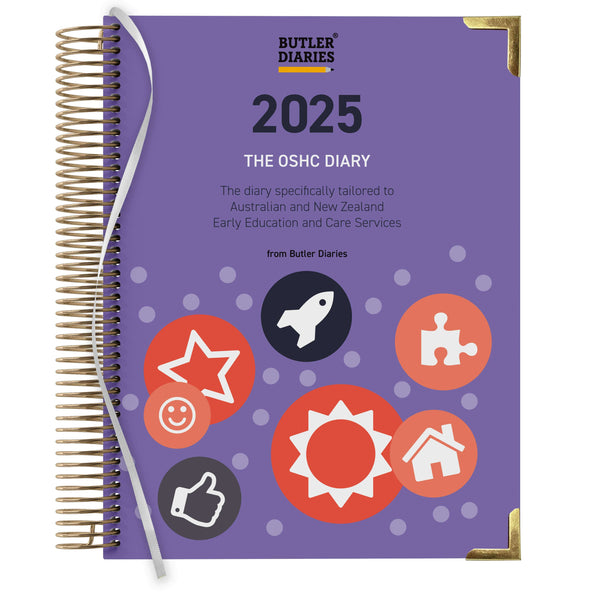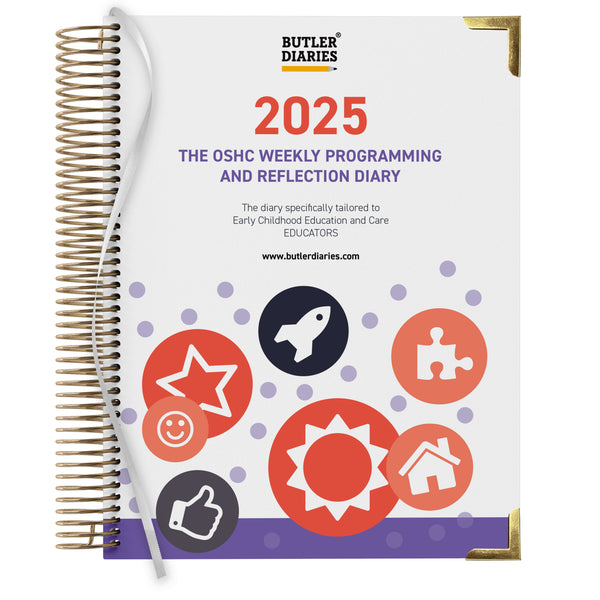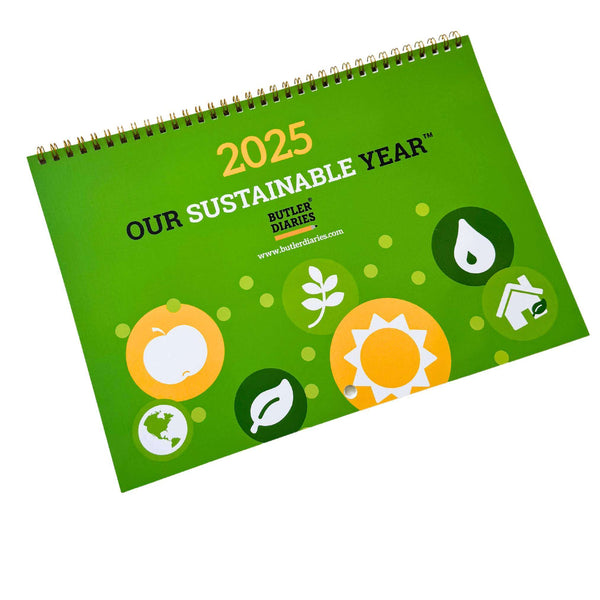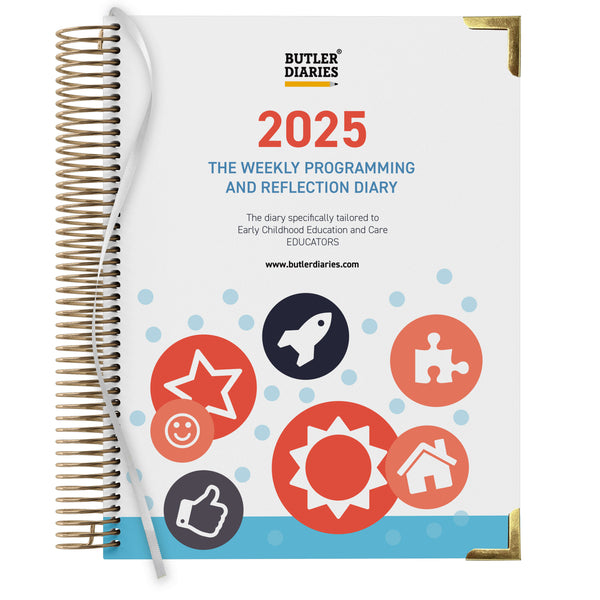Accurate bookkeeping is the compass that guides your business toward financial success. Whether you're a plumber, electrician, carpenter, or any other tradesperson, managing your finances effectively is crucial for sustainable growth. In this article, we will explore some essential bookkeeping tips tailored to the unique needs of tradie businesses in Australia.
1. Choose the Right Accounting Software
Investing in the right accounting software is the first step towards efficient bookkeeping. Look for software that suits your business size and needs. Popular options like MYOB, Xero, and QuickBooks offer user-friendly interfaces and can help you streamline your financial tasks, from invoicing to expense tracking.
2. Keep Personal and Business Finances Separate
One common mistake among tradie businesses is mixing personal and business finances. Open a separate business bank account to ensure that all income and expenses related to your trade are distinct from your personal finances. This separation simplifies record-keeping and makes it easier to track your business's financial health.
3. Maintain Accurate Records
Accurate record-keeping is the backbone of effective bookkeeping. Keep track of all income, expenses, and receipts. Document every transaction, no matter how small, to ensure that you have a clear financial picture. This also helps during tax time when you need to report your earnings and deductions. To keep your records accurate on the go, use the Tradie Diary perfect for on the go documentation.
4. Track Your Invoices
Invoicing is a critical aspect of managing your cash flow. Ensure that you send out invoices promptly and that they include all the necessary details, such as your Australian Business Number (ABN) and payment terms. Follow up on unpaid invoices to maintain a healthy cash flow.
5. Monitor Expenses
Tradie businesses often have various expenses, including tools, equipment, fuel, and vehicle maintenance. Keep a close eye on your expenses and categorise them properly. This not only helps with tax deductions but also allows you to identify areas where you can cut costs and improve profitability. The Tradie Diary has been designed to help you categorise and manage the different areas of your business with vehicle logs, material management, and more.
6. Understand Tax Obligations
Being aware of your tax obligations as a tradie business in Australia is crucial. Stay informed about Goods and Services Tax (GST), Business Activity Statements (BAS), and other tax-related requirements. Consider seeking professional advice or using accounting software to help you stay compliant.
7. Plan for Seasonal Fluctuations
Many tradie businesses experience seasonal fluctuations in income. To manage these variations, set aside a portion of your earnings during busy periods to cover expenses during slower times. Creating a budget can be a helpful tool for managing cash flow throughout the year.
8. Seek Professional Help
While you may handle basic bookkeeping tasks yourself, it's often wise to consult with a professional accountant or bookkeeper, especially when dealing with complex financial matters or tax planning. They can provide valuable insights and ensure compliance with Australian tax regulations.
To sum it up, bookkeeping is not just about compliance; it's about steering your tradie business toward financial stability and growth. By following these bookkeeping tips, you can maintain a clear financial compass and chart a successful course for your trade business.










